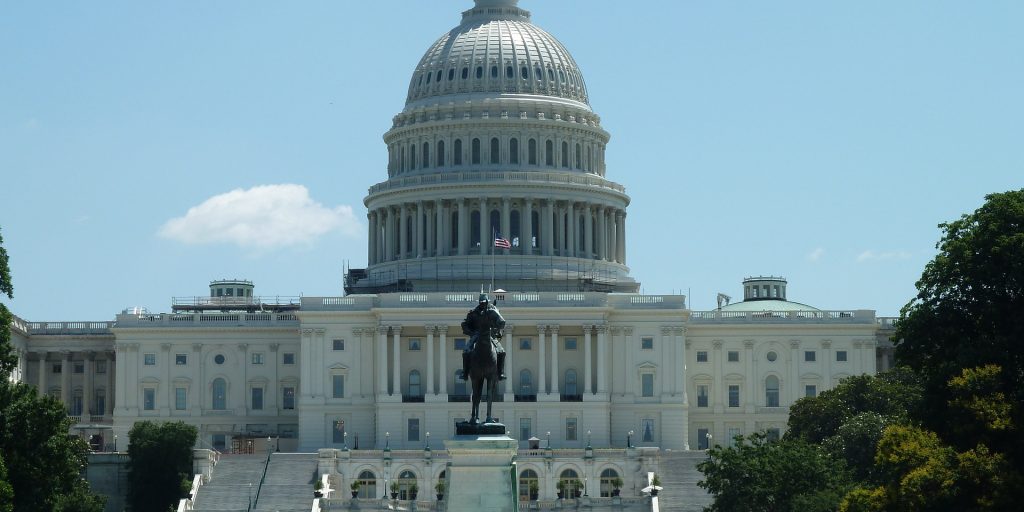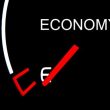Drawn-out Congressional debt ceiling debate could have negative implications for cities
An ongoing debate in Washington, D.C. about increasing the amount of money the nation’s Treasury Department can borrow to pay its bills is largely smoke and mirrors. At the end of the day, the federal government has an obligation to its people—defaulting on payments would have catastrophic economic consequences. But lengthy debate surrounding the subject has historically dampened the economy even if the ceiling is eventually raised.
The nation’s debt ceiling was first established in 1939 and, since the 1960s, has been raised by Congress 78 times—49 times under Republican presidents, including three times during Donald Trump’s administration, and 29 times under Democratic leadership. Most recently, Congress acted in 2019 to suspend the ceiling for a few years when it hit $22 trillion. That suspension ended in July and the ceiling was reinstated Aug. 1 at around $28.5 trillion, including debt held by the public and the government.
Since then, without the ability to take on more debt, the Treasury Department has been taking what’s known as extraordinary measures to make sure payments continue—legal actions that include shuffling around funds, prematurely redeeming bonds (reinstating them later with interest) and withholding contributions from certain government pension funds, among other things.
The clock is ticking.
In a letter submitted to Congress this month, Treasury Secretary Janet Yellen estimated that “cash and extraordinary measures will be exhausted during the month of October.” If the ceiling hasn’t been raised by then, the government will default on its debt. For now, the Senate is in a deadlock. Democrats hold a simple majority and could raise the ceiling by tacking it onto a different spending bill, without the support of their across-the-aisle colleagues. But they don’t want to do it alone and Republicans are currently refusing to budge. Historically, debt ceiling votes have been leveraged to push through other agenda items and score political points.
A governmental default on payments is unprecedented.
In a memo issued Friday, the White House warned, “If the U.S. defaults and can no longer pay its obligations, billions of dollars in state aid and state-run but federal funded programs could be halted.” That includes disaster relief, Medicaid and other programs, education, public health, child nutrition and infrastructure spending.
While it probably won’t come to a default, drawn out debate about the ceiling has historically dampened the economy and negatively impacted cities across the country.
“When the U.S. was in a prior debt limit standoff, the S&P 500 fell by 17 percent in the months near the debt limit,” the memo says. “The U.S. economy has just begun to recover from the pandemic and a manufactured debt ceiling crisis would threaten the gains we’ve made and the future recovery.”
In the short time, a delay could push up interest rates, Yellen wrote in her letter to Congress. And in the long-term, it could negatively impact the nation’s credit rating—which has historically happened. In 2011, the rating firm Standard & Poor downgraded U.S. government debt for the first time in 70 years, citing political quagmire and extended debate in Washington, D.C. about raising the debt ceiling.
“We have learned from past debt limit impasses that waiting until the last minute to suspend or increase the debt limit can cause serious harm to business and consumer confidence, raise short- term borrowing costs for taxpayers and negatively impact the credit rating of the United States,” Yellen said.
Ahead of next month’s deadline, the U.S. Conference of Mayors, a trade association that represents more than 1,400 mayors of cities larger than 30,000 people, is likewise calling on Congress to “avoid the kind of brinkmanship that could threaten the American economy.”
In a statement, Nan Whaley, the conference’s president and mayor of Dayton, Ohio, warned of the impact inaction would have on cities.
“This is no time to allow partisan politics to reverse the progress we’ve made. Congress must act now to secure our economic future and maintain our global standing,” Whaley said. “Both parties in Washington have added to our debt, and both parties have an obligation to make sure the United States can continue to pay its bills. This is one of the most basic responsibilities of Congress, and there is no good reason for lawmakers to create a crisis that undermines the full faith and credit of the United States.”
Inaction to increase the debt ceiling “would send our economy into freefall and destroy the federal-local partnership that is so important to American cities. Health care, food security, education and housing would all be in grave danger. A default would also trigger catastrophic ripple effects through credit markets and hamper the ability of city governments to finance our own services,” Whaley said.




















